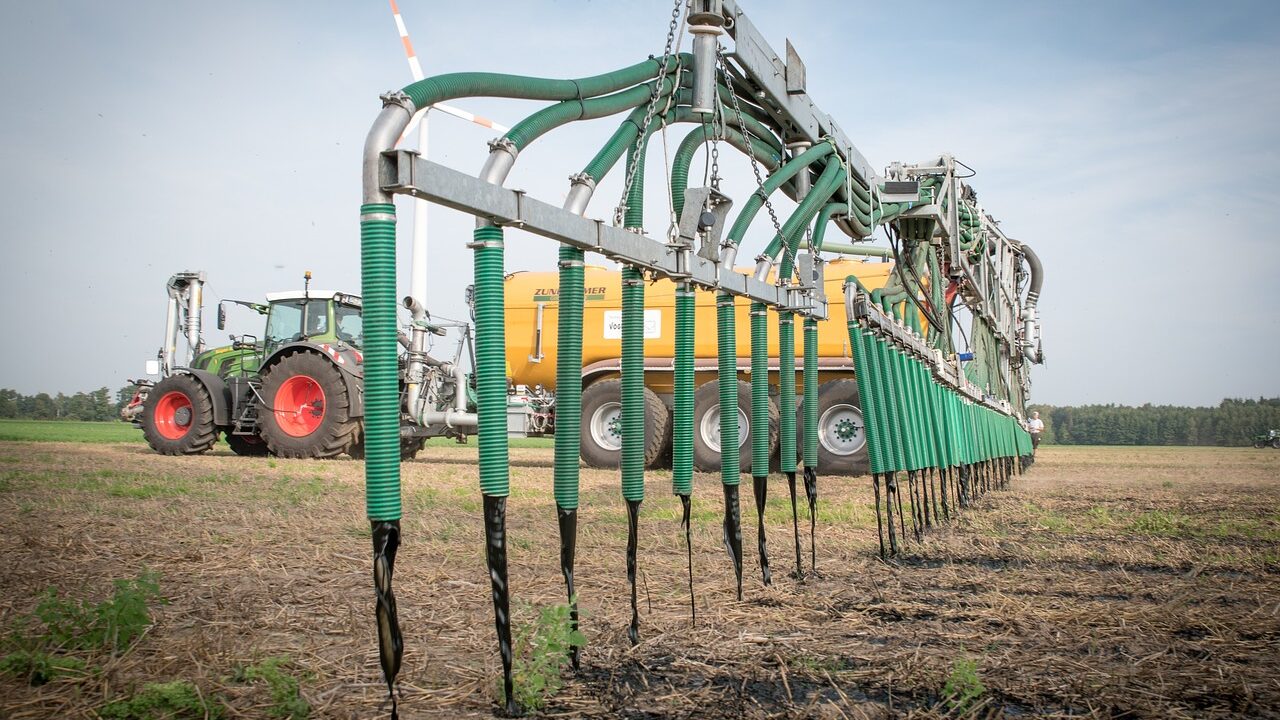There has been a last-minute surge in submissions to the Nitrates Action Programme (NAP) public consultation taking place in Northern Ireland.
A Department of Agriculture, Environment and Rural Affairs (DAERA) spokesperson said: ”The number of responses received during this week has increased significantly.”
The closing date for submissions was yesterday (Thursday, July 24).
Recent days have seen the Ulster Farmers’ Union encouraging every farmer in Northern Ireland to participate in the consultation.
Northern Ireland’s Minister of Agriculture, Environment and Rural Affairs, Andrew Muir, has confirmed that a stakeholder forum, to be independently chaired will shortly assess the views expressed courtesy of the consultation over an eight-week period.
This will be followed by a further public consultation process.
The make-up of the stakeholder forum and the identity of the independent chair have yet to be confirmed.
AgriSearch
Meanwhile, AgriSearch has published its initial assessment on the potential impact of the current NAP proposals across agriculture as a whole in Northern Ireland.
Based on future phosphate loadings alone, the figures point to major losses being incurred in all situations
According to the report, the losses will amount to £1.02 billion per annum under the 10kg/ha phosphate limit and £1. 56 billion per annum under the 8kg/ha limit.
The findings indicate that the envisaged losses in each scenario will impact all sectors of agriculture .
The report reveals that there would also be wider impacts on rural communities and businesses, with a strong risk of creating unintended social and environmental consequences.
Jason Rankin, strategy manager at AgriSearch said: “We fully recognise the importance of improving water quality and nutrient management. However, the findings of our analysis paint a stark picture of the potential consequences of current NAP proposals.
“Without careful consideration of a full economic appraisal and industry input, the proposed environmental measures could inadvertently destabilise the very foundations of our rural economy and food supply chain.
“This evidence clearly points to the need for a more balanced, practical and fact-based approach combined with a full economic appraisal that protects the environment, the economy and rural livelihoods.”
Professor Gerry Boyle, chair of AgriSearch said: “This assessment underlines the critical role of ongoing, independent research in informing policy decisions that impact the entire agri-food industry and supply chain.
“Evidence-backed policy making depends critically on having timely, accurate data that reflects the on-the-ground conditions.”
Northern Ireland Food and Drink Association (NIFDA) executive director, Michael Bell, has confirmed the significance of the AgriSearch figures.
He said: “AgriSearch’s report lays bare the economic chaos that would unfold if the current NAP proposal were implemented.
“The agri-food supply chain would lose over £1.56 billion per year, before factoring in the collapse of vital organisations, infrastructure and facilities that simply wouldn’t survive under these reductions.
“At the same time, government policy is already contributing to the rising food prices, pushing inflation even higher.”
Bell stressed that while the food and drink industry supports environmental improvements, any measures must be grounded in evidence and through collaboration between government departments and industry.
He said: “No one is arguing against the need for improved water quality, but it must be practical, science led and economically viable, without increasing inflation.
“NIFDA members are showing strong commitment to sustainability.
“While there’s no silver bullet: innovation, collaboration, a farmer centric model, and supportive government policies will be key to delivering the change that is needed.”

